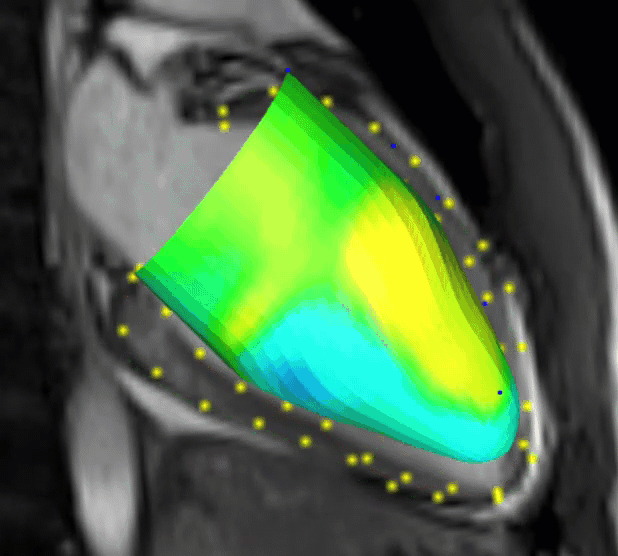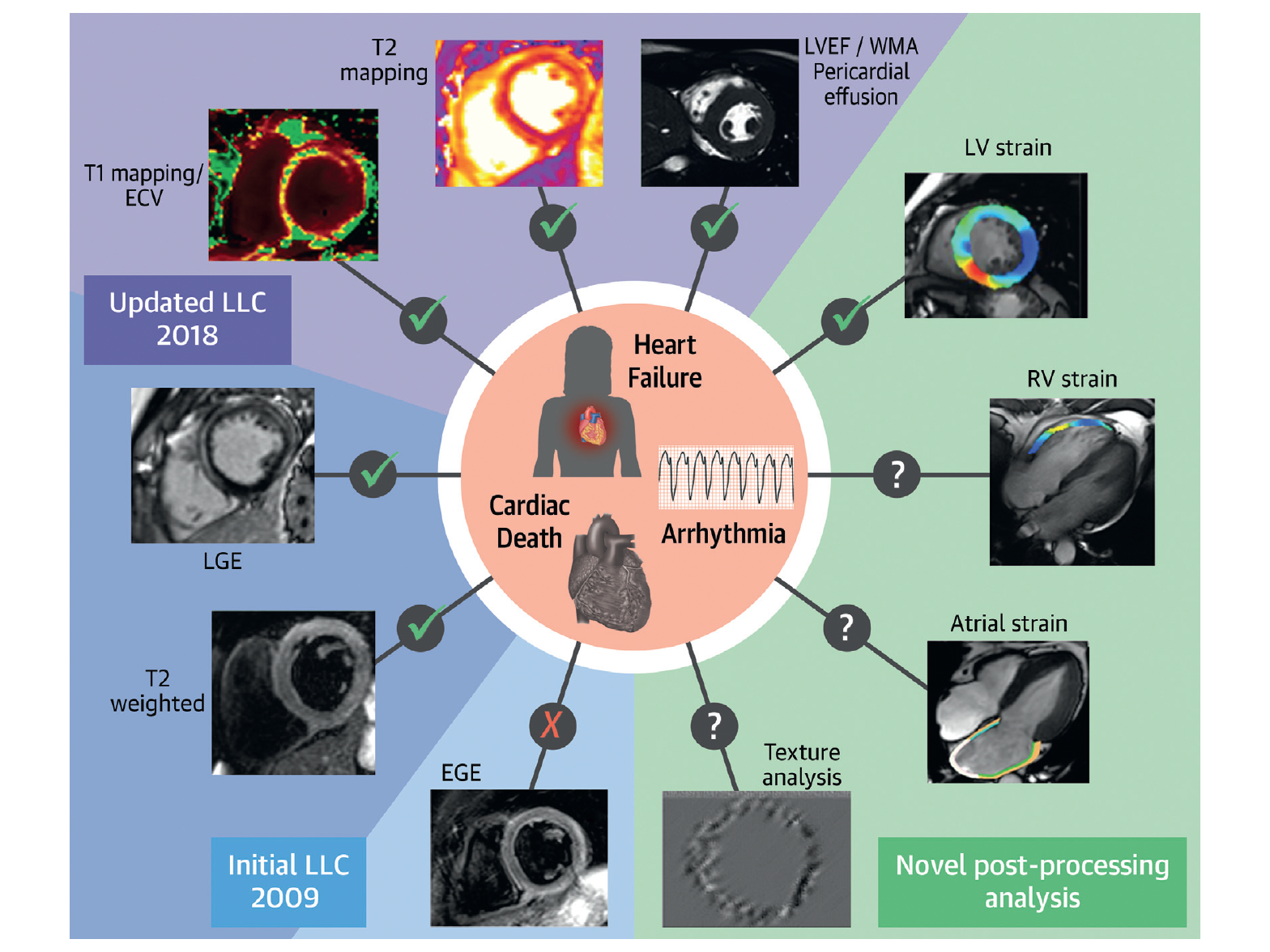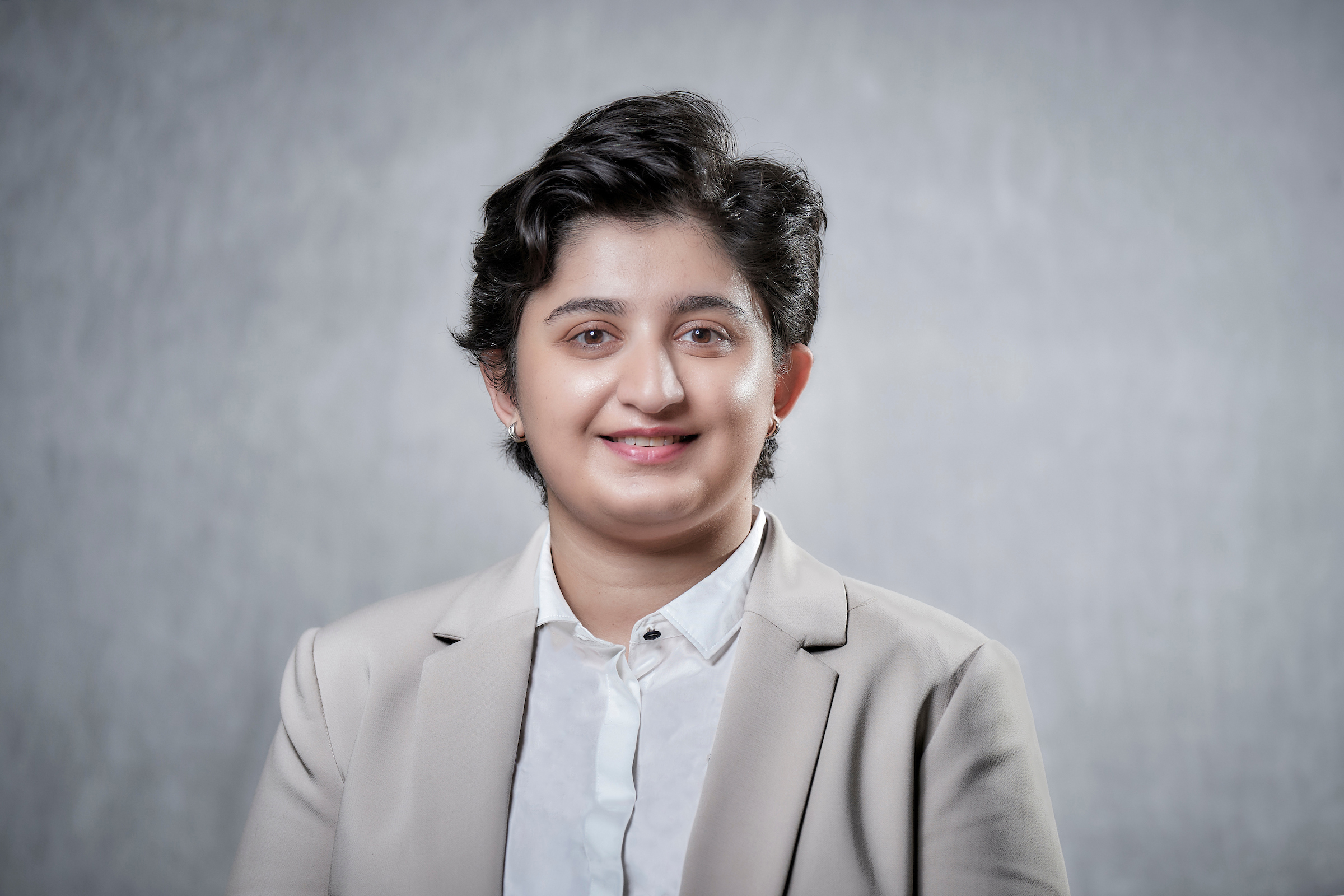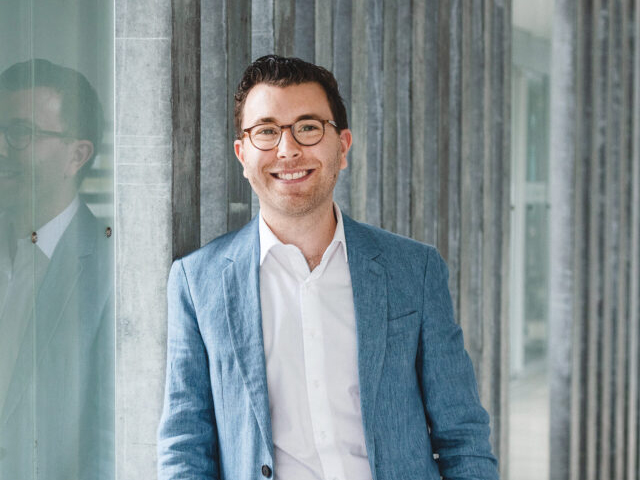AI enables personalized treatment of heart muscle inflammation
A research team from the University of Bern and Inselspital, University Hospital Bern is investigating and developing innovative approaches that will enable personalized diagnosis and treatment of myocarditis. Artificial intelligence will allow individual risk assessment and progression prognosis in the future. The project has received funding from the Center for Artificial Intelligence in Medicine (CAIM) of the University of Bern and Insel Gruppe.
Myocarditis (inflammation of the heart muscle) is usually caused by viruses, including the COVID-19 virus. However, it can also be caused by medication, toxic substances or in the context of a rheumatological disease. Clinical assessment is difficult because symptoms vary widely, from fatigue to chest pain, palpitations, shortness of breath, and, rarely, sudden cardiac death, the latter associated with exercise. Today, cardiac magnetic resonance imaging (CMR) is usually performed when myocarditis is suspected. But, the data obtained herefrom by itself do not yet allow sufficiently personalized risk assessment and appropriate treatment in certain cases.
Review study points to new approaches
In a scientific review in collaboration with the University of Tübingen, the Bristol Heart Institute and Harvard Medical School, a research group led by Prof. Dr. Christoph Gräni, MD, from Inselspital and the University of Bern assessed various cardiac MRI parameters in terms of their importance for diagnosis, prognosis and monitoring in myocarditis.
"From the comparison of the different diagnostic tools used so far, we can derive new approaches for future research and development. Next, we will determine how artificial intelligence (AI) can assist us in a rapid and comprehensive evaluation of the many different clinical parameters and image data," said Christoph Gräni. "To this end, I am pleased that we have received funding from the Bern Center for Artificial Intelligence in Medicine (CAIM) to pursue this promising research direction."
Making complex cardiac function data readable with AI
In CMR, more than 1000 measurements can be collected per patient, including parameters on anatomy, tissue characterization of the heart muscle and pericardium (e.g., inflammation or scars), and heart muscle function data. Physicist Yasaman Safarkhanlo, who is completing her dissertation project under the supervision of Prof. Gräni at the Department of Cardiology at the Inselspital, explains: "Only AI can evaluate these many variables quickly in their entirety. We want to let the data speak to better understand what exactly happens during myocarditis. This is a new approach that does not start from our previous understanding of physiology and looks for a known feature on the images. Rather, with our project, we're starting from the data side to see what new correlations we discover on the images – so we can offer better treatment in the future."
Targeted counseling of athletes
The researchers' objective is to develop evaluation tools that can be used to determine in individual patients whether myocarditis will heal spontaneously and sustainably or whether close monitoring is needed. "Especially athletes could be better advised in this way: On the one hand, the goal is to avoid sudden cardiac death, but on the other hand, not to unnecessarily restrict athletes in their activity," Gräni explains. To this end, all clinical data and image data will one day flow into the Insel Gruppe's digital clinical information and control system (KISS), where they will be automatically evaluated in order to provide the attending physician with a probability of diagnosis, a prediction of the course of the disease, and a suitable therapy suggestion.
Focus on digitalization and AI applications in medicine
The Department of Cardiology's commitment to using the latest digital technologies for personalized medicine comes at a strategically opportune time with the digitalization projects at the Insel Gruppe and the University of Bern. "The Faculty of Medicine of the University of Bern is strongly committed to digitalization in medical education and research. With the establishment of the Center for Artificial Intelligence in Medicine (CAIM) the university and the Insel Guppe have created an excellent research platform. It allows utilizing the latest developments in cutting-edge digital technology and artificial intelligence for personalized treatment approaches and to anchor this knowledge in education and training," says Prof. Claudio Bassetti, MD, Dean of the University's Faculty of Medicine and Director and Chief Physician of the Department of Neurology at Inselspital.
CAIM selects myocarditis project for research funding
During the recent first round of CAIM's research funding, the myocarditis project was selected along with four others and will receive CHF 100,000. CAIM director Prof. Raphael Sznitman says: "There is a tremendous up-swing to having clinicians from the Inselspital and technical scientists from the University working closely together. By bringing dynamic and driven individuals to reach beyond their trained disciplines, the potential to innovate and impact our healthcare system is simply boundless. This is at the core of CAIM and we are very excited to see such partnerships thrive."
Publication details:Christian Eichhorn, Simon Greulich, Chiara Bucciarelli-Ducci, Raphael Sznitman, Raymond Y. Kwong, and Christoph Gräni: Multiparametric Cardiovascular Magnetic Resonance Approach in Diagnosing, Monitoring, and Prognostication of Myocarditis, Journal of the American College of Cardiology Cardiovascular Imaging, January 2022 https://www.jacc.org/doi/10.1016/j.jcmg.2021.11.017 |
Center for Artificial Intelligence in Medicine (CAIM)The Center for Artificial Intelligence in Medicine is a research, teaching and translation platform for medical technology that uses AI to deliver better care to patients and facilitate the work of doctors and nurses. CAIM capitalizes on the unique constellation in Bern that joins players from the scientific, healthcare and industry domains. It was inaugurated in January 2021 as a Center of the University of Bern’s medical faculty and the Inselspital, Bern University Hospital, with the University Psychiatry Services (UPD) and the Swiss Institute for Translational and Entrepreneurial Medicine, sitem-insel, as partners. Part of Bern’s initiative for digitalization in healthcare, CAIM is a virtual center connecting engineers, physicians and scientists in the area of AI in medicine and providing them with resources and access to infrastructure. By bundling transdisciplinary know-how from the Bern Biomedical Engineering Network, it promotes and expands projects dedicated to the potential of AI technology for healthcare. CAIM fosters commercialization of AI technology innovation, supports start-up incubation and creates sustained value through best in class research, translation and economic growth. |
Source: Insel Gruppe
2022/03/24







